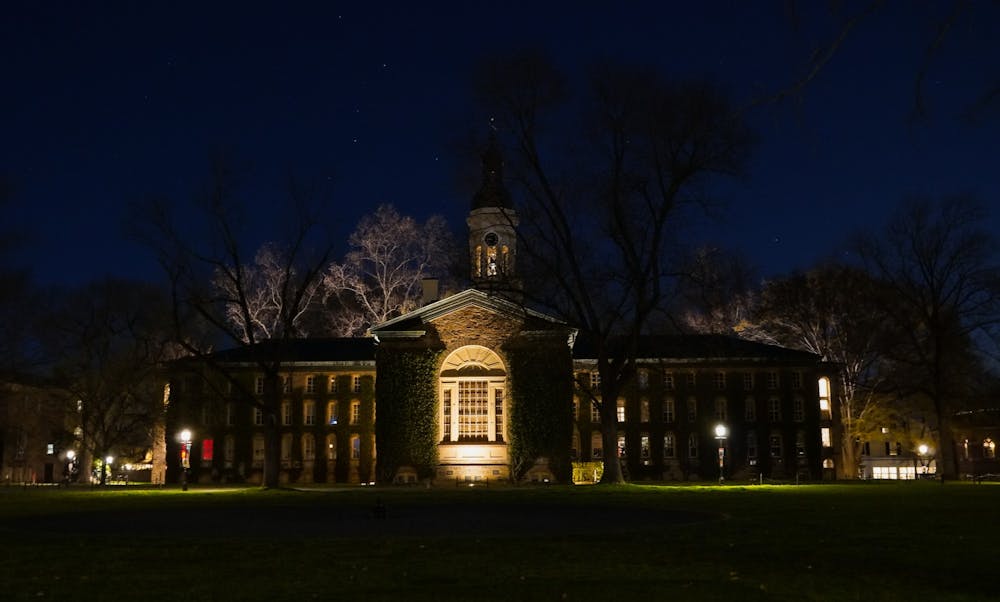The following is an open letter and reflects the author’s views alone. For information on how to submit to the Opinion Section, click here.
Princeton has repeatedly failed survivors of sexual violence. As alumni of the Princeton Class of 2022, we call upon Princeton University to take action to protect survivors and to implement measures that ensure safe, accessible, and just processes to keep our campus safe. The following is a list of demands we propose as necessary steps to ensure that survivors of sexual violence have access to safety and justice. Moreover, these steps aim to protect survivors from an unnecessarily large emotional burden and the potential for re-traumatization associated with reporting acts of sexual violence.
Demands:
ENFORCEMENT
- Investigation interviews, intake appointments, etc. should all be monitored by a trained, third-party advocate that is unaffiliated with Title IX. This advocate should be clear on what can and cannot be asked of a survivor and should be trained in recognizing administrative coercion.
- All rights of a survivor and nuances of the process or questions asked during the reporting process and examinations should be clearly outlined prior to initiating the process. When the University deviates from these standards, it should be reportable to an external party or advocate.
SAFETY
- There must be practices in place to prevent retaliatory claims or accusations against the student who initially reported sexual misconduct. The status of the other party’s potential claims, or lack thereof, should not be used to pressure students who initially report into a rushed timeline for resolution.
- Accommodations for the survivor must be in place to protect them from retaliation or continued abuse, including access to a restraining order, a no-contact order, or changed housing immediately. No survivor should be forced to wait for either an alternate resolution or a finding of guilt to receive accommodations for safety. Further, these accommodations should not be contingent upon the survivor filing a Title IX or alternate resolution case.
- The approval of an alternate resolution should be purely concerned with restorative justice, not safety. Changed housing and no-contact orders should be non-negotiable if requested, granted as soon as a survivor reports. The alternate resolution should focus on the survivor’s needs for peace of mind (whether it is counseling, an apology, etc.), but should not be put forward as a way to ensure safety.
COST
- Cost ought not to prevent a survivor from receiving legal and advocacy support in Title IX cases. The University must ensure that competent pro bono lawyers and trauma-informed counselors are readily available to support survivors. This is especially important for survivors that are low-income and lack the resources to press charges and protect themselves.
JUSTICE
- There must be consequences for multiple offenses, and patterns of sexual violence must be considered in Title IX findings. Repeat offenders present a particular danger to our community, and failing to promptly address these concerns is unacceptable.
- The Title IX and reporting processes must consider and provide resources for students whose race, sexual orientation, gender identity, socioeconomic background, immigrant status, or other intersectional identities may compound the violence they experience. This means providing increased support — emotionally, legally, financially, academically, or otherwise — that is conscious of cultural, social, and emotional differences and intersectional harms experienced by students.
These actions are absolutely crucial steps for the University to better support survivors of sexual violence and make the process of reporting sexual violence more trauma-informed, just, and safe for students. We urge the University and the Undergraduate Student Government to take action toward implementing these suggestions. Princeton’s handling of sexual violence reporting has a long way to go, but by taking the essential steps to put survivors’ health, safety, and well-being first, we can ensure a safe campus for all.

Hannah Reynolds and Jessica Lambert are alumni of the Princeton Class of 2022. You can reach them at hannahr@alumni.princeton.edu and jessicalambert@alumni.princeton.edu.









